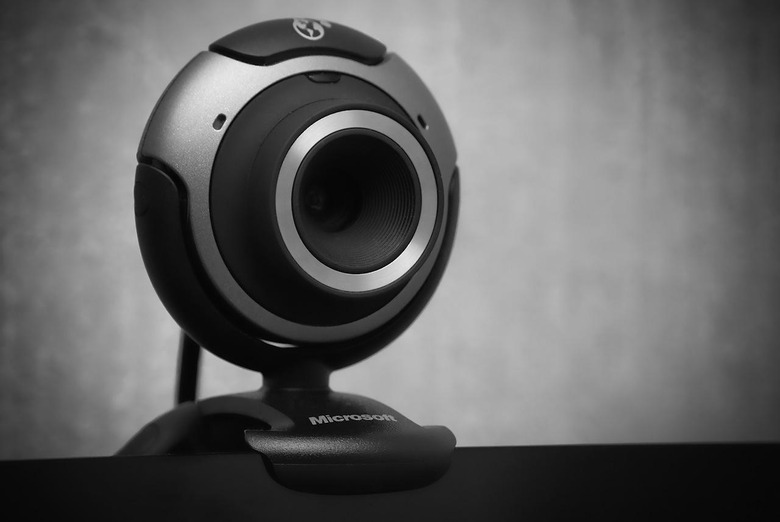NSA tight-lipped on webcam spy role as privacy advocates seethe
The NSA has refused to detail exactly how much access to secret Yahoo webcam surveillance that snapped photos of millions of unwitting video chatters, including those involved in adult activities, as demands from privacy regulators for more transparency in monitoring increase in volume. Allegations earlier this week that a clandestine UK scheme run by GCHQ tapped into millions of Yahoo webcam streams and recorded numerous still images to create a vast virtual "mugshot" book of potential terrorists, with technical assistance from the US' NSA in setting up the system, has reawakened criticism of the federal agency after moves by President Obama to try to dampen down what have been seen as overly intrusive methods.
The report, which claims that for at least four years the UK surveillance agency GCHQ monitored Yahoo users and recorded photos of them every five minutes, prompted fury from Yahoo itself as well as chatters. Paperwork obtained suggested GCHQ had gathered images from at least 1.8m accounts in one six month period alone, with up to 11-percent of the resulting photos showing nudity as users believed they were carrying on private conversations.
While the operation was run by GCHQ, it was reportedly set up with the collaboration of the NSA, which has refused to comment on both its involvement and what access to the ensuing images it had. "The National Security Agency does not ask its foreign partners to undertake any intelligence activity that the US government would be legally prohibited from undertaking itself," a spokesperson insisted to the Guardian, however.

Whether legal or otherwise – a factor which is now being discussed among politicians and law experts in the UK – the tapping has sparked severe criticism from privacy advocates. Although GCHQ is a UK agency, the content it recorded was effectively a blind dragnet of Yahoo users, it's said, and so the database contains UK citizens alongside those of the US and other countries.
The American Civil Liberties Union isn't happy with that, and is demanding the NSA cough up specifics on how US citizens' data might have been compromised.
"This is a truly shocking revelation that underscores the importance of the debate on privacy now taking place and the reforms being considered. In a world in which there is no technological barrier to pervasive surveillance, the scope of the government's surveillance activities must be decided by the public, not secretive spy agencies interpreting secret legal authorities. This report also raises troubling questions about the NSA's complicity in what is a massive and unprecedented violation of privacy. We need to know more about what the NSA knew, and what role it played" Alex Abdo, staff attorney, National Security Project, American Civil Liberties Union
In the UK, GCHQ argues, its program is covered by the 2000 Regulation of Investigatory Powers Act. It's believed that the agency took advantage of flexibility in how broad warrants for taps could be without specifying an individual to be monitored, potentially in ways that were not envisaged – or approved of – when the act was first drafted.
However, not all of the criticism has been saved for security services. Yahoo's attitude to encryption, which was not enabled during the period GCHQ is said to have been storing images of users, has also come under fire, with security experts arguing that it has been lax in locking down webcam streams among other things.
Yahoo had expressed outrage at the allegations, describing it as "a whole new level of violation of our users' privacy" and "completely unacceptable."
In the US, President Obama announced plans last month to reform one of the most controversial aspects of NSA surveillance, the metadata-sifting of phone records. The move will make it harder for the NSA and other agencies to get broad warrants to review information, as well as limiting how deep each warrant allows them to dig.
[Image: Wikipedia]
